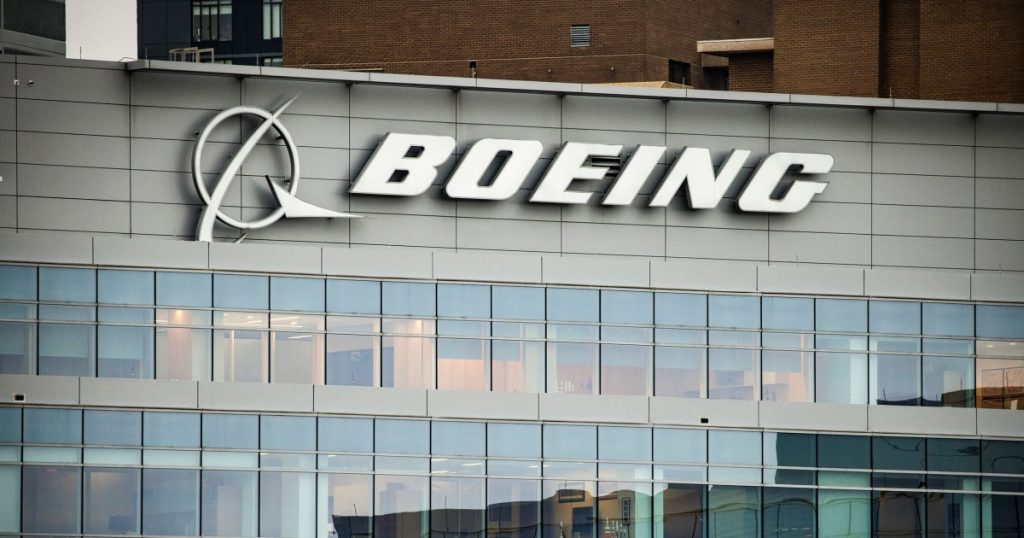Thousands of Boeing staff are facing layoff notices in the coming weeks, as Acting U.S. Labor Secretary Julie Su intervenes in an attempt to resolve a strike at the company’s West Coast factories. The International Association of Machinists and Aerospace Workers (IAM) has been on strike since September 13, seeking a substantial wage increase. Boeing plans to cut 17,000 jobs and take a $5 billion charge, with layoff notices expected to be sent out in two phases starting in mid-November. The striking IAM employees are not currently affected by the job cuts.
The job cut plan has been met with criticism, with IAM President Brian Bryant calling it “corporate greed at its worst.” The job cuts were announced alongside a delay in the delivery of the 777X jetliner and the ending of civil 767 freighter production. The decision to rely solely on involuntary layoffs, rather than voluntary departures, reflects a strategy to retain key personnel amidst a challenging post-pandemic skill shortage environment. Rivals are seizing the opportunity to recruit skilled workers from Boeing to relieve pressure on aerospace supply chains.
The delay in 777X deliveries to 2026 has sparked industry concerns, with Emirates Airline President Tim Clark hinting at potential commercial repercussions. Clark expressed doubts about Boeing’s ability to fulfill delivery forecasts and speculated about the company’s financial future, raising the possibility of an investment downgrade and Chapter 11 bankruptcy. Emirates, a major user of Boeing’s 777 jet family, has been impacted by delays in the production of successor models and safety issues with the 737 jet.
Boeing’s cash reserves, currently at over $10 billion, have provided some short-term relief, but analysts anticipate a need for the company to raise up to $15 billion through a share issue to address long-term financial concerns. The prospect of Boeing losing its investment-grade credit rating looms, prompting caution among major airlines with significant financial exposure to the planemaker. Adverse reactions from industry stakeholders and credit rating agencies highlight the challenges Boeing faces as it navigates through its current crisis.
Acting Secretary Su’s involvement in the labor negotiations signals a commitment to finding a resolution between Boeing and IAM to avoid further disruption. The impact of the strike and subsequent job cuts on Boeing’s workforce, production schedules, and industry relationships underscores the complexity of the situation. As the aerospace giant grapples with economic uncertainties and operational challenges, the path forward remains uncertain, with potential implications for the broader aerospace industry and the economy as a whole. In the face of adversity, Boeing must navigate a delicate balance between addressing immediate financial pressures and ensuring its long-term viability in a competitive global market.


